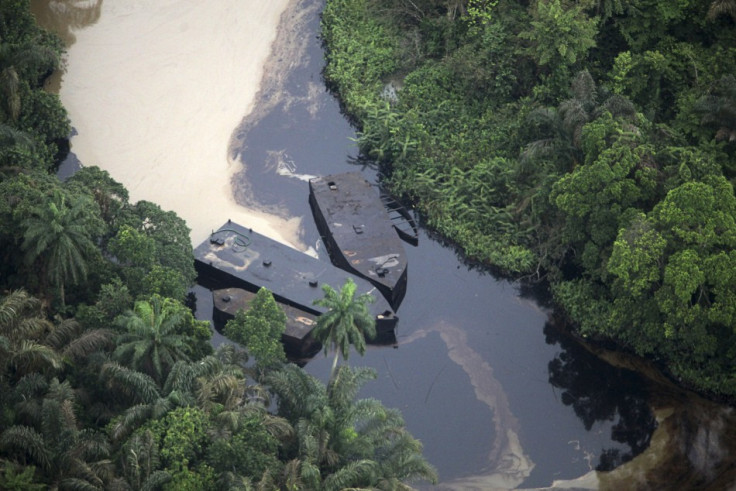Nigeria: Oil minister Emmanuel Kachikwu calls emergency Opec meeting as crude price tumbles

Nigeria's oil minister, Emmanuel Ibe Kachikwu, has called for an emergency Opec meeting in March due to falling oil prices. He also explained that Opec member states differ on how to address the situation as 65% of oil supply comes from non-member countries.
"We did say that if [the price] hits the $35 [per barrel], we will begin to look [at]...an extraordinary meeting. Unless you have this 65% [of] producers coming back to the table you really won't make any dramatic difference," Kachikwu was quoted by AFP as saying.
Kachikwu's remarks came as oil prices in Nigeria have fallen to around $36 (£24; $26) per barrel, compared to $50 at the beginning of 2015. Meanwhile, UK bank Standard Chartered was the latest to warn that oil prices could fall even further to $10 a barrel, a price last seen during the Asian financial crisis in 1997.
Opec has already signalled it does not intend to hold an emergency meeting on the issue before June. Kachikwu was appointed by Nigerian President Muhammadu Buhari as minister of petroleum resources in November 2015. He served as Opec president until December 2015.
Nigeria's oil
Nigeria is Africa's biggest oil producer and petroleum exports make up 90% of the country's total revenue. However, the nation's lack of refineries – at present there are four and of these three resumed production in July after months of inactivity – means the country has to export about 90% of its crude oil and import refined petroleum products, including fuel.
The government then sells fuel to Nigerians at subsidised prices and reimburses the difference to importers. The previous administration, led by Goodluck Jonathan, has been blamed for the ongoing fuel shortage amid the outrage of many.
In December, Buhari announced the 2016 budget, in which he said Nigeria will increase domestic borrowing to N984bn (£3.3bn, $4.9bn) and foreign borrowing to N900bn, totalling N1.84tn. Buhari forecast the country would face a N2.22tn deficit, amid an ongoing fuel crisis and decreasing oil prices.
© Copyright IBTimes 2025. All rights reserved.






















